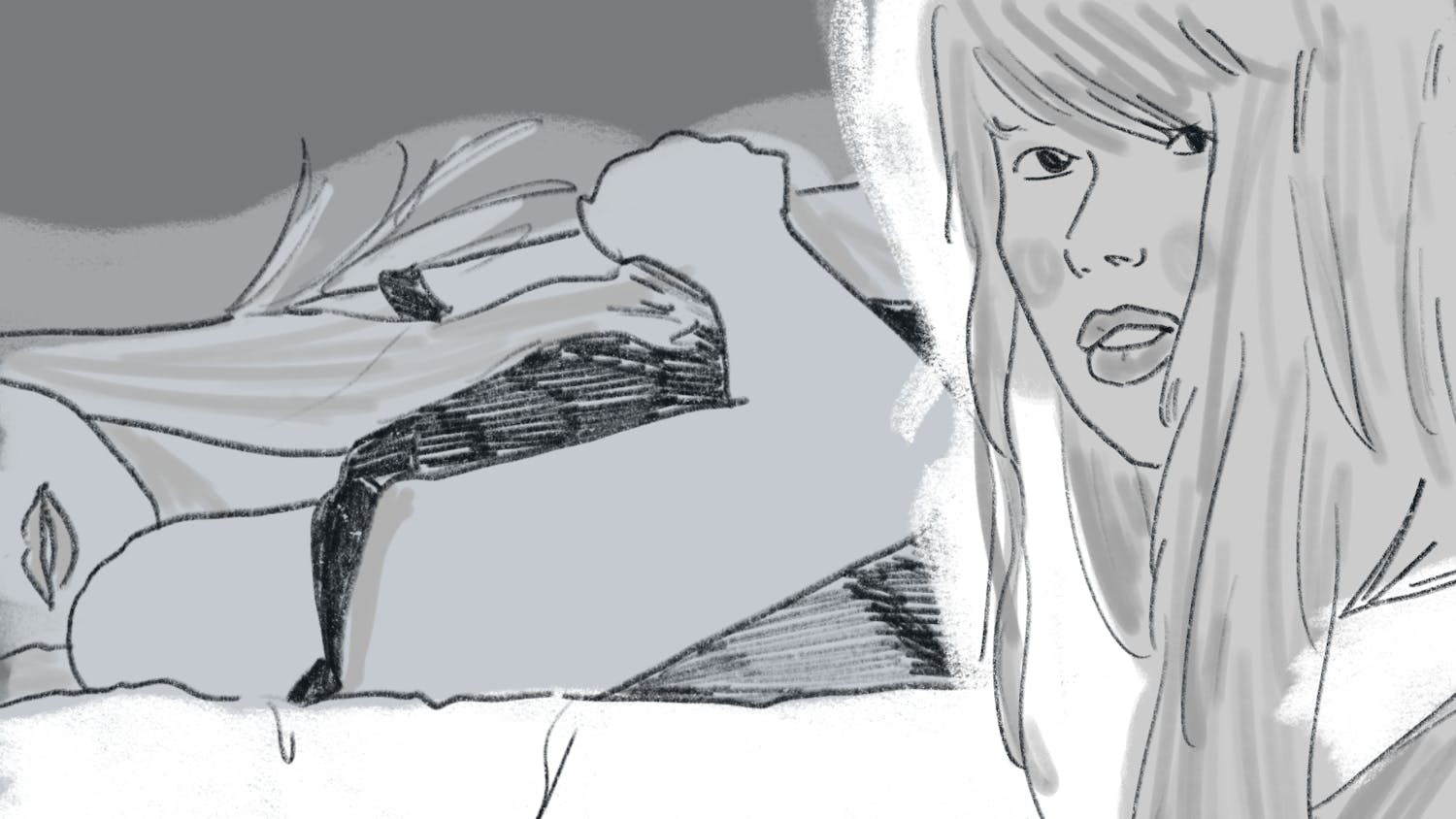As Dartmouth sets into its third week of summer, the double-platinum, Grammy-nominated and internationally renowned musician Johnny Clegg will perform with his current outfit The Johnny Clegg Band in Spaulding Auditorium Wednesday at 7 p.m.
Clegg, formerly of the bands Juluku (meaning "Sweat" in Zulu) and Saluka ("We Have Risen") will cap off the day's African-themed events, consisting of a 3 p.m. showing of Clando, a Cameroon film questioning the loyalties of educated Africans, and "An African Afternoon" in Collis from 4 to 6:30 p.m. featuring African drumming, food, crafts, film presentations, discussion tables concerning global issues and the African Foreign Study program, and even African-style soccer on the Green.
In today's world, popular music -- more often than not -- concerns itself with image rather than substance. It's rare to find an act that's organic, truthful and -- dare I say -- purposeful. Granted there have been exceptions in recent years, one of which that comes to mind is the band U2, whose politically charged but catchy lyrics are particularly significant, but overwhelmingly, modern music has been stilted by an image-making machine of sorts, spitting out commercial acts that fulfill niches within the musical environment. Creativity and meaning seem all but lost.
An impressive and refreshing contrast to this general trend is the musician Johnny Clegg, whose contribution to the music scene from the mid-1970s with his band Juluku to the present day with Saluka and various other projects has been staggering. His first band, Juluku, was the first mixed-race band to play together on stage in apartheid South Africa.
Their sound joined together traditional Zulu music with Celtic rhythms to create a unique style. Clegg's personal involvement with African music during apartheid was at his own risk; he was arrested frequently in violation of the "Group Area's Act," a law forcing races to keep their own residential and recreational areas. His group's performances were limited to the streets or to private venues such as churches or university halls.
Their music was censored in South Africa, and the only means by which they could grow a following was by live touring. Even some of their concerts, however, were broken up by tear gas.
The group released its first album entitled "Universal Men" in 1979 to acclaim. This album had politically charged lyrics, though it never specifically sought to tackle political issues.
According to Clegg, "Juluku was never a political protest band, although political themes form a considerable part of the repertoire. Juluku was more a band seeking to find meeting points between modern and traditional society, rural and urban experiences, exploring as many facets of the cultural reality of South Africa, trying to find commonalities and universal themes."
Another significant aspect of the band was its remoteness from the image-obsessed music industry. The group's producer, Hilton Rosenthal, sought "to avoid commercial pressures and to give the musicians a mandate to experiment and be spontaneous."
In 1994, Clegg performed at Nelson Mandela's inauguration, marking the historical transition of South Africa from apartheid to a democratic nation. Ironically, despite having faced harsh apartheid discrimination throughout his career, Clegg also faced discrimination from non-apartheid forces -- he was expelled from the British Musicians' Union for continuing to perform in South Africa and was banned from playing at "Freedomfest" in 1988 despite Nelson Mandela's pleas that he perform.
The true significance of Clegg's work lies in its messages of multiculturalism and tolerance. On stage he performs traditional Zulu warrior dances: metaphorically stomping on repression and segregation and attempting to rid South Africa of its still harsh and intolerant world order.
Though he does not consider himself a representative of the South African people, he tries through his art to expose the realities of life. In his own words, "It's very important to understand that I'm not a spokesman for South Africa; all I'm doing is describing the South African experience there are already too many politicians in South Africa; it doesn't need another."
Johnny Clegg's eclectic mix of musical genres coupled with politically astute and prophet-like lyrics make him a true legend within the musical world.



